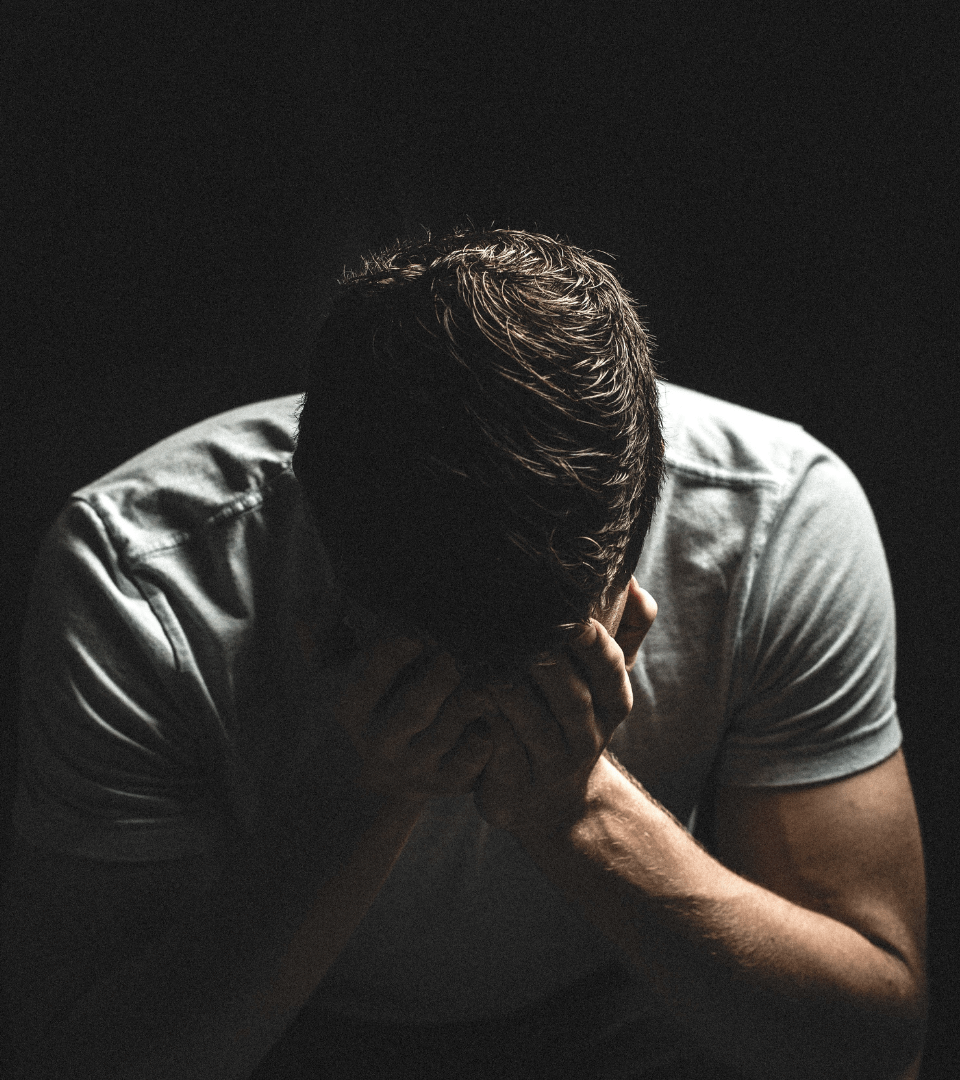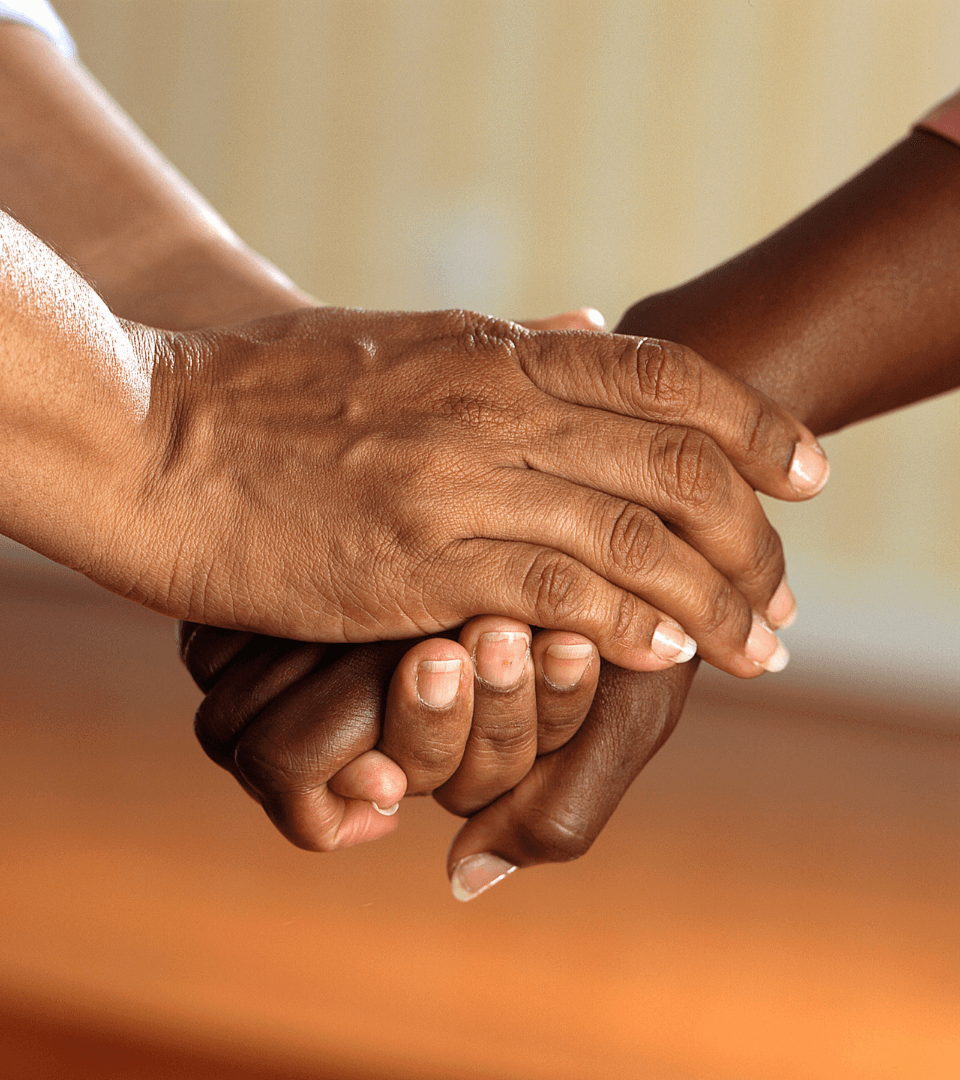What losses have you experienced in your life?
You’ve experienced loss or a series of losses that are bringing you down. You would like to work through the losses, and find your way to honour them while moving forward positively. You’re not alone. Everyone experiences loss in their life. It’s one of the universal truths…loss is part of life. How we learn to deal with losses is key. Loss may be felt for a variety of reasons – the end of a relationship or a career, losing something meaningful to you, or the loss of someone important in our life.
“Every one of us is losing something precious to us. Lost opportunities, lost possibilities, feelings we can never get back again. That’s part of what it means to be alive.”
― Haruki Murakami, Kafka on the Shore

I first learned about loss when I was training to be a volunteer counselor. Of course I had experienced loss in my life, but this was the first time I learned about the dynamic of loss.
A wonderful teacher / mentor, Pat Hayes, held a seminar about loss for the group of community volunteers as part of our training to become counselors. Pat explained that we will all experience loss in our lives, yet each of us has our own unique relationship with loss. We have losses at different times and the losses vary greatly. A young child might lose a precious toy or keepsake that causes much sadness and grief. Or maybe a pet dog / cat / turtle / rabbit / hamster / canary or even a butterfly dies. The sadness and grief can be deeply felt.
When a child loses a close relative, a parent, or grandparent, uncle, aunt, or cousin, s/he will typically feel a range of deep emotions. Depending on how they process, the emotions of loss will often stay with them through their life.
Pat told us that losing items like house keys or a favorite scarf can trigger feelings of sorrow that may seem way out of proportion to the value of the inanimate object. That’s because the simple act of losing something may bring up feelings of loss from long ago about the loss of an important person. Loss is loss. And our experience with loss is layered.
My Loss Story:
I experienced a major loss when my older brother Rick died over forty years ago at the age of 30. Due to a congenital heart condition, he was never supposed to live very long, but the loss was no less profound. I was lucky that, as young men, we talked through a lot about our relationship and intertwined lives together. The heart-to-heart talks helped me understand his life and feelings dealing with the cloud of a looming health problem.
Even still, when Rick died, it was devastating. I was deeply saddened. Moving forward, I realized that I thought of Rick every day of my life for about 20 years. The thoughts were “existential moments” for me. I would first feel sad, and then after thoughts of the loss, I would think of our times as young kids growing up together. Going through this progression of thoughts and feelings would bring a smile to my face remembering the fun times and his engaging personality. That’s why I called it existential. Through Rick’s memory, I faced the cycle of life with its full range of feelings. It was a nice gift from my brother.
I still think of Rick often, just not every day. Maybe it’s 3, 4, or 5 times a week. Someone I see walking through town might remind me of him. Or something I read or watch on TV will bring him to mind. I will then have my existential moment with Rick. It’s comforting.
I learned empathy from my relationship with Rick as children. Feeling empathy for those less fortunate than me was a very special gift I learned from him. I owe Rick a great deal.
“My sister will die over and over again for the rest of my life. Grief is forever. It doesn’t go away; it becomes a part of you, step for step, breath for breath. I will never stop grieving Bailey because I will never stop loving her. That’s just how it is. Grief and love are conjoined; you don’t get one without the other. All I can do is love her, and love the world, emulate her by living with daring and spirit and joy.”
― Jandy Nelson, The Sky Is Everywhere
Pat Hayes taught me how to look at and learn from loss. It’s important to embrace the losses in our lives, feel the feelings that arise, and know that there is usually a cycle of grief.
Here are some of the types of losses people have:

- Death of a loved one
- Divorce or relationship breakup
- Loss of health or ability
- Loss of a job
- Loss of financial stability
- A miscarriage
- Retirement
- Death of a pet
- Loss of a cherished dream
- Serious illness of a loved one
- Loss of a friendship
- Loss of safety from a trauma
- Sale of the family home
Mental health experts have identified 5 stages of grief that often come with significant loss:
- Denial: “This can’t be happening to me.”
- Anger: “Why is this happening to me? Who is to blame?”
- Bargaining: “Make this not happen, and in return I will ____.”
- Depression: “I’m too sad to do anything.”
- Acceptance: “I’m at peace with what happened.”
Keep in mind there is no “typical” response to loss because losses are not “typical.” There are similarities, but every loss is unique and everyone experiencing loss is unique. It can be helpful, however, to know there are common stages of grief. You may not go through them all or in any definite, linear order. It is still useful to be aware that your feelings of loss will have layers and stages. Be aware.
Emotional Symptoms of Grief
- Shock and disbelief. Right after a loss, it can be hard to accept what happened. You may feel numb, have trouble believing that the loss really happened, or even deny the truth. If someone you love has died, you may keep expecting them to show up, even though you know they’re gone.
- Sadness. Profound sadness is probably the most universally experienced symptom of grief. You may have feelings of emptiness, despair, yearning, or deep loneliness. You may also cry a lot or feel emotionally unstable.
- Guilt. You may regret or feel guilty about things you did or didn’t say or do. You may also feel guilty about certain feelings (e.g. feeling relieved when the person died after a long, difficult illness). After a death, you may even feel guilty for not doing something to prevent the death, even if there was nothing more you could have done.
- Anger. Even if the loss was nobody’s fault, you may feel angry and resentful. If you lost a loved one, you may be angry with yourself, God, the doctors, or even the person who died for abandoning you. You may feel the need to blame someone for the injustice that was done to you.
- Fear. A significant loss can trigger a host of worries and fears. You may feel anxious, helpless, or insecure. You may even have panic attacks. The death of a loved one can trigger fears about your own mortality, of facing life without that person.

Any major change like a loss means saying good-bye to someone or something that’s been part of your life for a long time.
Remember you’re not alone.
As in most transitions or substantial emotional episodes in life, it’s important to know that you are not alone. Others have experienced similar situations and feelings. Reaching out to people close to you for support is so important in the healing process. Friends, family, colleagues you trust can and should be leaned on for support and self-care. Allow yourself to be listened to, comforted, cared for, and loved.
In addition, experiencing a loss can be an ideal time to turn to life coaching. A coach can be a supportive mentor or guide to help you get through the emotions and stages of loss and figure out how the loss is impacting you. Don’t be alone with the grief of loss.







